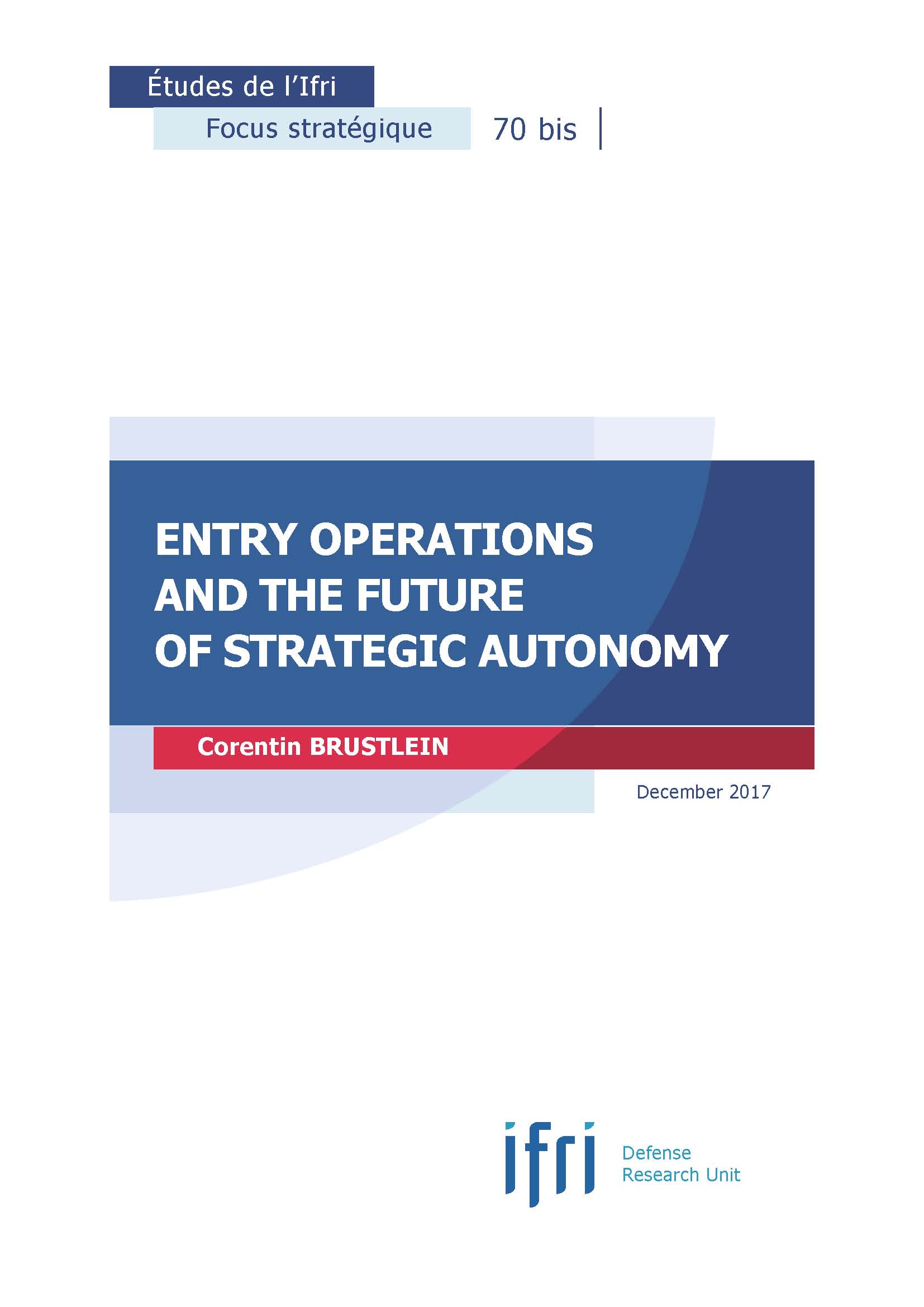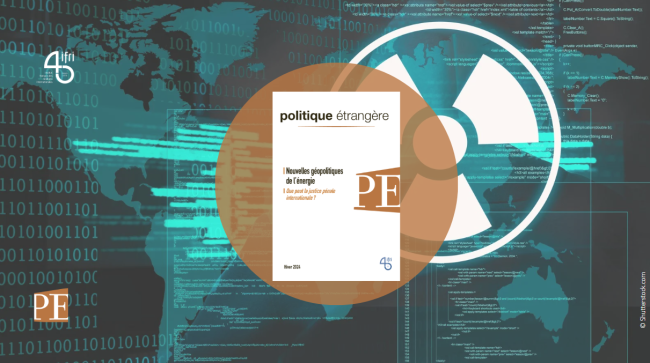Entry Operations and the Future of Strategic Autonomy

The ability to penetrate remote and contested theaters of operation is a crucial asset for any expeditionary military power.

France’s ambition to autonomously conduct entry operations is central to its defense policy and singular among Western countries. This stems from an array of historical, political and military factors, among which the will to attain strategic autonomy was and remains critical. During recent operations, France demonstrated the extent to which it has a set of unique capabilities and know-how, even amongst European states. These assets increase French freedom of action during foreign operations and strengthen its leverage in multinational campaigns. However, the spread of increasingly sophisticated weapon systems, such as anti-access/area denial (A2/AD) capabilities, undermines the French ability to operate autonomously. Hedging against this trend requires increased resources and tailored capability developments, in order to prevent France from losing strategic credibility, leverage, and autonomy.
This report was originally published in French in November 2016; its translation has been updated and published in December 2017.
Download the full analysis
This page contains only a summary of our work. If you would like to have access to all the information from our research on the subject, you can download the full version in PDF format.
Entry Operations and the Future of Strategic Autonomy
Related centers and programs
Discover our other research centers and programsFind out more
Discover all our analysesDeep Precision Strikes: A New Tool for Strategic Competition?
Reaching deep into the enemy’s system to weaken it and facilitate the achievement of operational or strategic objectives is a key goal for armed forces. What capabilities are required to conduct deep strikes in the dual context of high-intensity conflict and strengthened enemy defenses?
From Cuba to Ukraine: Strategic Signaling and Nuclear Deterrence
Strategic signaling—the range of signs and maneuvers intended, in peace time, to lend credibility to any threat to use nuclear weapons—is back.
Return to the East: the Russian Threat and the French Pivot to Europe's Eastern Flank
Russia’s full-scale invasion of Ukraine on February 24, 2022, has flung Europe’s Eastern flank into a new phase of strategic confrontation. It has had a major effect on France’s position, which was previously somewhat timid, leading it to significantly reinforce its deterrence and defense posture in support of the collective defense of Europe, in the name of strategic solidarity and the protection of its security interests.
Military Stockpiles: A Life-Insurance Policy in a High-Intensity Conflict?
The war in Ukraine is a reminder of the place of attrition from high-intensity conflict in European armies that have been cut to the bone after three decades of budget cuts. All European forces have had to reduce their stocks to the bare minimum. As a result, support to Ukraine has meant a significant drain on their operational capabilities. A significant amount of decommissioned systems were also donated, due to the lack of depth in operational fleets.













